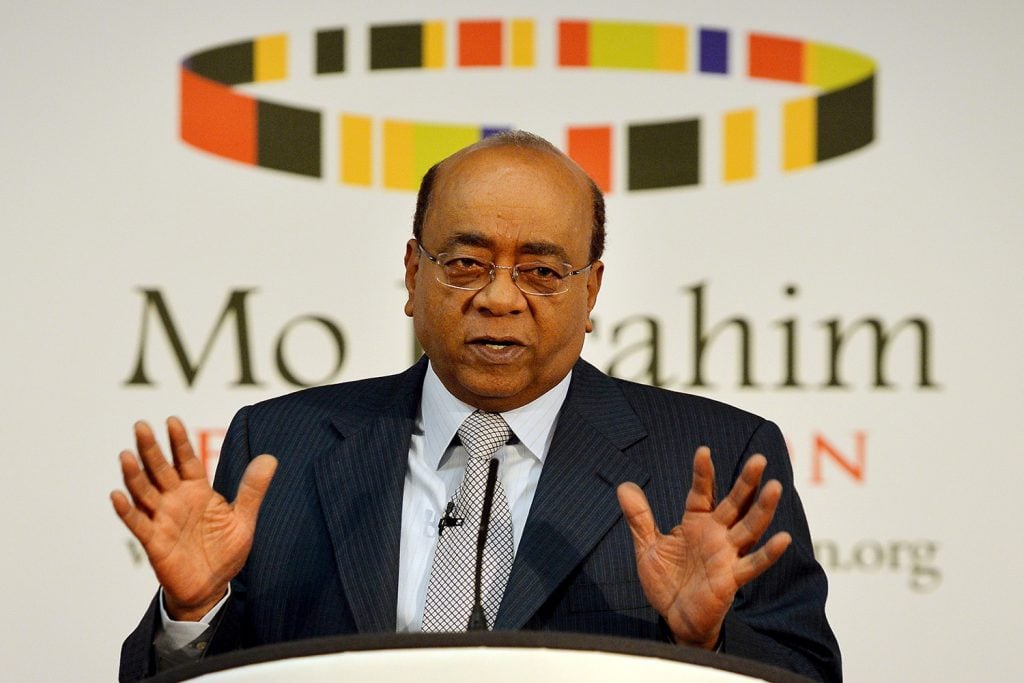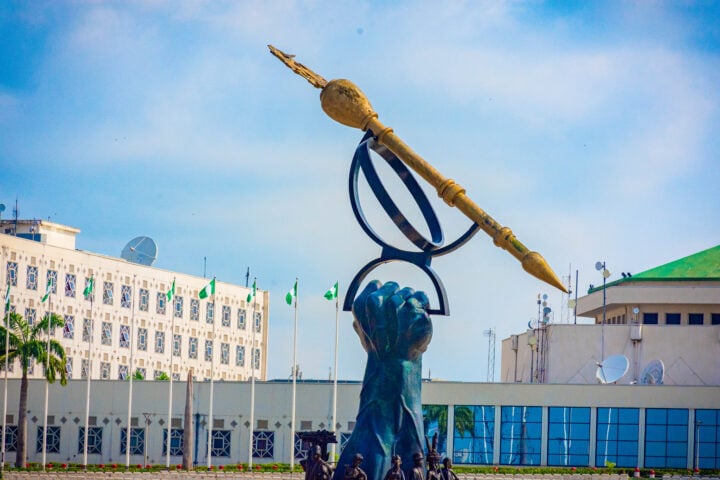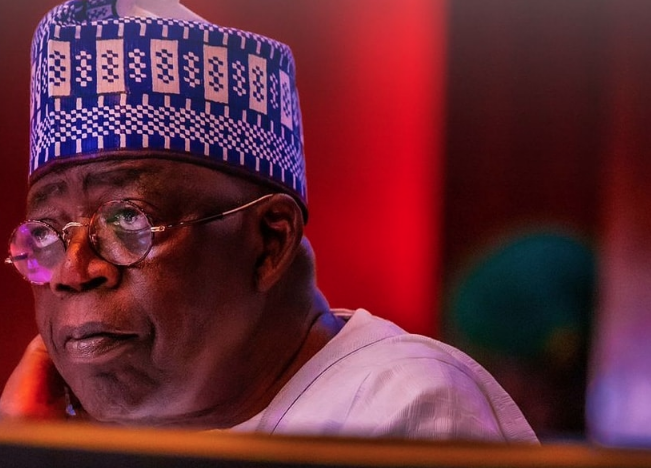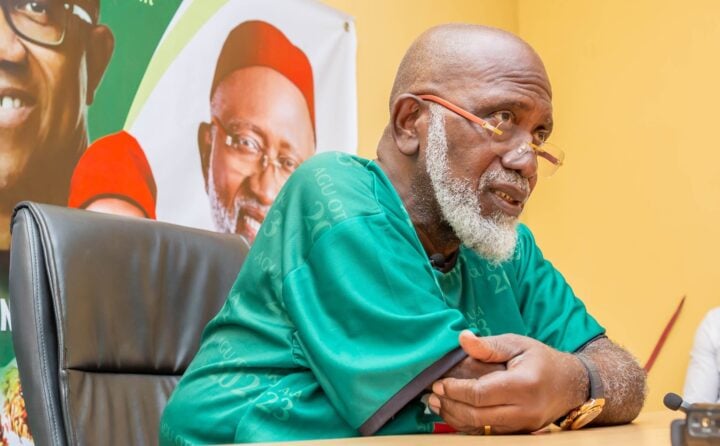A new report by the Mo Ibrahim Foundation says Africa must take the lead in shaping and funding its development future.
In its 2025 forum report titled ‘Financing The Africa We Want‘, the organisations noted that in a post-aid era, the continent’s progress depends on African-led ownership, autonomy, accountability, and integration.
According to the foundation, aid and external pledges have never been sufficient to finance Africa’s vast development needs.
The report said leaders must define their own financial priorities, leverage domestic resources, and reshape global partnerships on terms that reflect Africa’s strategic interests.
Advertisement
The document identifies five pillars for action including building interest-based alliances rather than depending on pledges; capitalising on global demand by moving from raw exports to value-added production; reshaping the investment narrative through transparency and mobilising African capital.
The report also urged scaling up intra-African trade, investment, and regional cooperation through the African Continental Free Trade Area (AfCFTA), while strengthening governance, peace, and security to unlock domestic revenues and sustain development.
Mo Ibrahim, founder of the foundation, said the decline of aid should not be seen as a “cliff-edge” moment for Africa but as an opportunity.
Advertisement
“Aid was never going to be enough to finance Africa’s development – and our huge continent’s place in the new global economy should never be determined by the generosity of international partners,” he said.
“First and foremost, we need to focus on governance, rule of law, and security. Because ownership comes with responsibility and accountability.”
The report consolidates debates and insights from policymakers, business leaders, youth representatives, civil society, and international stakeholders who attended the 2025 Ibrahim Governance Weekend (IGW), held in Marrakech, Morocco.
The report builds on an earlier ‘Facts & Figures brief’ that mapped Africa’s financing landscape, but goes further by setting out actionable steps to achieve the African Union’s agenda 2063 and the UN sustainable development goals.
Advertisement
FROM NAIROBI TO ADDIS ABABA
Ahead of the second Africa climate summit (ACS2) in Addis Ababa, Ethiopia from September 8 to 10, the foundation also released a research brief assessing progress on the 2023 Nairobi Declaration.
Adopted in 2023 at the first Africa Climate Summit, the Nairobi Declaration aims to position Africa as an active owner of its climate agenda, rather than a passive recipient of international climate policies or aid.
The research brief titled ‘From Nairobi to Addis Ababa: Taking Stock of the 2023 Nairobi Declaration’, highlights that while Africa has made some strides over the past two years, much work remains.
Advertisement
The study noted that over 600 million people in the continent still lack access to energy, and green industrialisation is still in its early stages.
The brief emphasises the need for a just energy transition, urging increased investments in clean energy systems to harness Africa’s renewable potential and close the continent’s persistent energy gap.
Advertisement
The research also noted the importance of prioritising adaptation over mitigation, noting that Africa is both the least responsible for climate change and the most vulnerable.
According to the brief, the progress toward a global goal on adaptation (GGA), alongside adequate financing, is necessary to address the continent’s unique climate risks.
Advertisement
The report added that Africa’s green and blue assets must also be better protected and monetised to ensure that their value benefits local populations.
The brief called for accelerated reforms of multilateral climate finance mechanisms to guarantee that African countries receive the support they need and that commitments made to the continent are fully honoured.
Advertisement
Ibrahim described the upcoming ACS2 summit in Addis Ababa as an opportunity to “hit the accelerator” and make significant headway toward the vision set by the continent’s leaders two years ago.
He warned that the summits cannot be allowed to go to waste and called for urgent action to unlock Africa’s green potential while reconciling climate challenges with development for the continent’s people.
“Nairobi marked the beginning of Africa taking full ownership of its climate agenda. But progress remains slow,” Ibrahim said.
The foundation will be in Addis Ababa to work with stakeholders across Africa and beyond, advocating for concrete action on these priorities and stronger implementation of the Nairobi Declaration.








